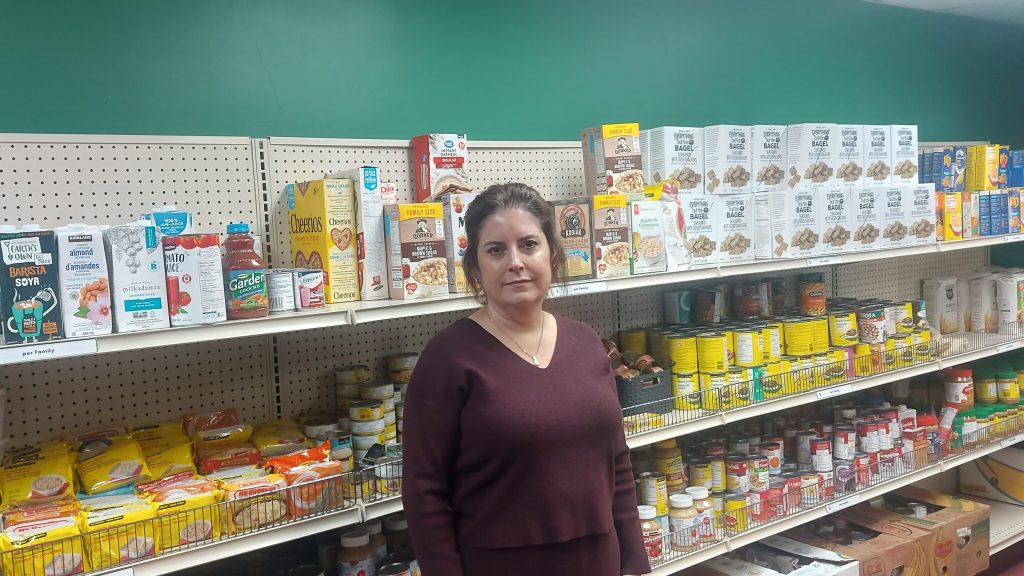Amid high inflation, baby boomers offer saving advice to younger Canadians
Posted May 26, 2022 03:27:01 PM.
They survived the roaring inflation of the early 1980s and now they have some advice for younger generations: Take the bus, pack a lunch and skip the overseas vacation.
As the cost of living rises at its fastest pace in decades, people who lived through the last round of record-high price hikes are sharing tips for how they got through it.
“Millennials may have to make some lifestyle sacrifices,” said Larry Short, senior investment advisor and portfolio manager with ShortFinancial, iA Private Wealth.
“We have a standard of living now that only the very rich had back in the 1980s … everybody’s trying to live like a Kardashian.”
Short started his career in 1981 when mortgage rates were 18 per cent. He drank instant coffee, ate simple meals at home and drove an older car.
“Younger generations have grown up with very different expectations,” he said. “It might be time for a bit of a correction. Everybody hates the word, but you need a budget.”
Canada’s consumer price index rose 6.8 per cent in April compared with a year ago, Statistics Canada reported last week.
Groceries jumped 9.7 per cent — the largest increase since September 1981 — while gasoline prices were up 36.3 per cent year over year.
With the rising costs of necessities like food and fuel, some Canadians may be forced to rethink how they spend their money.
“If your discretionary income is being redirected right now to pay for basic expenses, some financial habits might have to change,” said Pattie Lovett-Reid, a chief financial commentator for HomeEquity Bank who also started her career in the early 1980s.
While there’s no “cookie-cutter approach” to financial planning, she said there are tried-and-true ways to save money.
Some difficult lifestyle changes may be needed, but Lovett-Reid said baby boomers faced similar challenges in the 1980s.
“Keeping up with the Joneses has always been around,” she said. “You’ve got to learn the difference between a want and a need and live within your means.”
Meanwhile, the Bank of Canada has signalled further interest rate hikes could be coming next week in an effort to cool stubbornly high inflation.
“This might be a good time to lock in your mortgage if you’re likely to lose sleep over rising interest rates,” said Michael Dorfman, senior portfolio manager and senior investment advisor with BMO Private Wealth.
“For others, it could make more sense to roll the dice with a variable mortgage.”
The flip side to high mortgage rates is that investments are likely to grow faster as they accumulate more interest.
But given the dramatic increase in the cost of everything, he said it’s likely a difficult time for many people to save enough to invest.
Still, Dorfman said there are ways to be more thrifty to make your dollars go further.
“It’s about being more frugal, whether through clipping coupons and shopping at discount stores or taking public transit instead of driving,” he said.
Dorfman, who also started his career in the 1980s, said there are lifestyle changes younger adults who have never experienced inflation may want to consider.
“This generation has a real expectation of a certain lifestyle but may not have the economic wherewithal to make it happen,” he said.
Cutting back on subscriptions to various streaming services, forgoing the latest smartphone, making lunches rather than going to the food court and using the office coffee machine instead of paying for a pricey latte can all help save cash at the end of a month, Dorfman said.
“If you’re buying lunches and coffees even three days a week that adds up quickly,” he said. “It’s not that hard to save money if you just make certain choices.”
This report by The Canadian Press was first published May 26, 2022.
Brett Bundale, The Canadian Press










